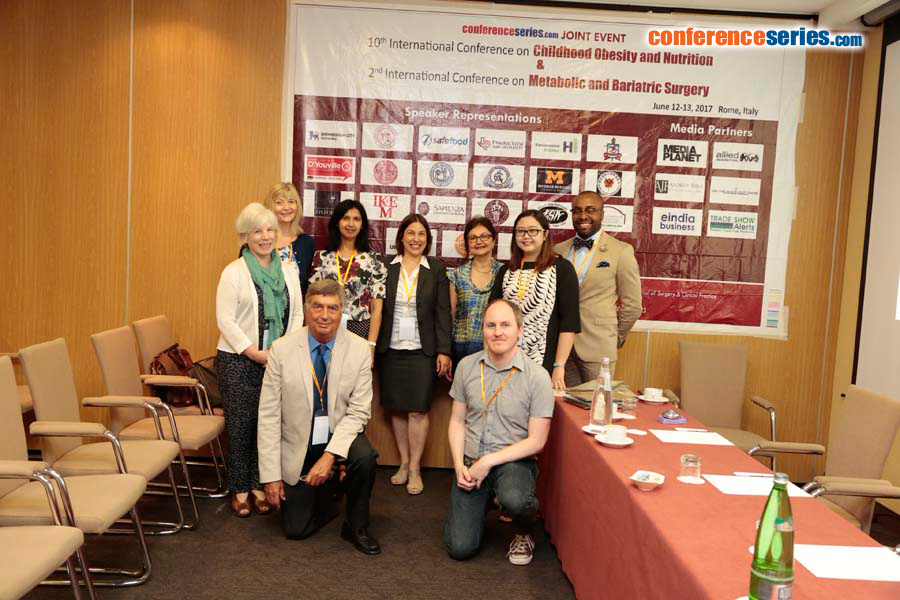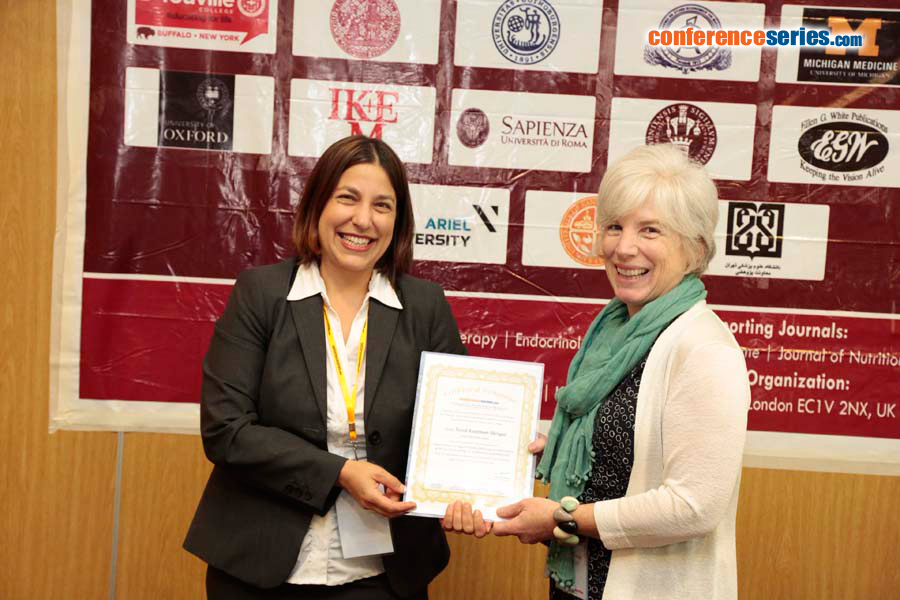
Vered Kaufman-Shriqui
Ariel University ,Israel
Title: Improvement in bagged lunches following an intervention in the preschool setting: a randomized controlled trial
Biography
Biography: Vered Kaufman-Shriqui
Abstract
More than a third of preschool children's nutritional intake is consumed during school hours. However, few studies have assessed the quality of bagged lunches sent from home to feed children during the day. A cluster-randomized controlled-trial examining the effect of a preschool-based comprehensive intervention on nutrition behaviors among low socioeconomic status (LSES) preschool-aged children was performed. During a full school year, LSES preschoolers (mean age 63m, 48% boys) and their mothers were recruited from preschools in a large town in Israel and cluster-randomized to an intervention group (7 preschools, 184 children) or to a control group (4 preschools, 74 children). The intervention children received in school, nutrition education and physical activity (PA) classes; intervention parents and teachers received healthy nutrition classes. The control group received PA classes for children only. Family data were obtained by parental interviews. Food and nutrition knowledge testing and observations and anthropometric measurements were conducted at baseline, at intervention termination and at the end of the school year. Differences between groups were analyzed while controlling for clustering. Of the 258 children enrolled, 220 (87.6%) completed the six-month program. Improvement in the quality score of bagged lunches was shown in the intervention group (p<.0001). Intervention group increased fruit and vegetable consumption and habitual water drinking (p=0.02), and decreased sweet-drinks consumption (p=0.05). In this study, the bagged lunches prepared at home and sent with the children to their preschools reflected marked changes in parental feeding behaviors. The six-month follow-up showed that this improvement was sustained.







